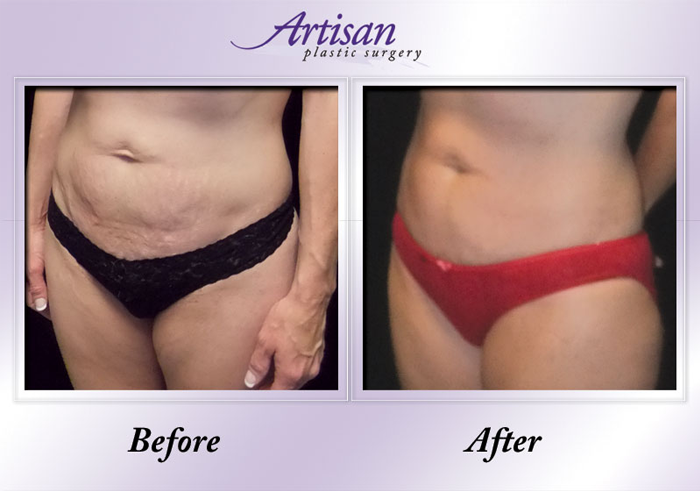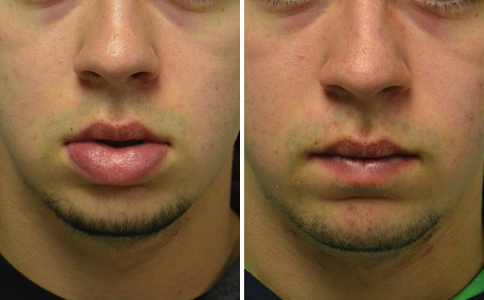
There are many treatments available for deviated septum. You have two options. One is to undergo surgery. The other is to choose a more conservative approach. Be sure to learn about the risks and advantages of surgery before making a decision. In certain cases, you might need additional repairs such as a septum.
Treatment options
A deviated septum can make it difficult to breathe. There are many treatments for this condition. Some of these treatments can help relieve the symptoms of stuffy nose and sinusitis, and are also helpful in delaying surgery. Decongestants are medications that reduce swelling and can be used to treat the symptoms. These medications can be used by mouth or applied directly to the nasal cavity using a nasal spray.
A deviated septum can be treated without surgery if it's mild and causes no long-term complications. However, if it gets so severe that it interferes with breathing, surgical intervention is required. If other treatments fail, ENT doctors also know as otolaryngologists.
Surgery options
A deviated septum can be fixed surgically. This will allow you to breathe easier and decrease nasal congestion. There are two options: turbinate or valve reduction. You may also have surgery to remove any polyps or to improve the function and health of your sinuses. The risks and benefits involved in surgery are important to consider.

While surgical treatments will not cure all deviated septums however, if the septum is causing persistent congestion or interfering with your breathing it might be worth considering surgery. A deviated septum can make your nose look crooked and make you feel self-conscious about your appearance. Surgical procedures such as septoplasty can straighten the septum and correct other nasal structural abnormalities. Patients can return home the same day and without any bruising or scarring.
Complications after surgery
A deviated septum can cause frequent sinus infections. These infections can cause irritation and inflammation of the nasal passages which can then lead to infections in your eyes and brain. If left untreated they can spread to brain tissue, which can cause seizures or brain damage. Sometimes, surgery is required to correct the septum deviation.
There are a number of complications associated with surgery to correct a deviated septum. Even though the risks associated with such surgery are minimal, they can cause long-term problems. The possible symptoms include bleeding, pain, infection, and even death. To help with complications, some patients might need to consult a neurologist.
Allergy treatment
A doctor will diagnose a deviated sinusum based only on the symptoms and an examination of the nose. The doctor will ask the patient detailed questions about their symptoms and their lifestyle in order to determine the root cause. A CT scan of the sinuses may be performed to assess the severity and extent of the problem.
Sometimes, patients can reduce their symptoms with allergy treatment for the deviated septum. It can reduce swelling and alleviate congestion. It won't fix the root cause.

Alternatives for surgery
Surgery is the most commonly performed way to correct a septum deviation. However, there are many other options. Endoscopic septoplasty is an excellent minimally invasive alternative to traditional surgery. The surgeon can see bone and cartilage clearly, making it easy to pinpoint the problem.
The procedure corrects the septum's deviation by straightening the nasal septum, and then reinserting it into your nose. To ensure proper alignment, the surgeon may need to trim and then reinsert the septum. This will allow for better nasal airflow. Patients need to know that these results are not permanent. Other conditions can also make the condition worse.